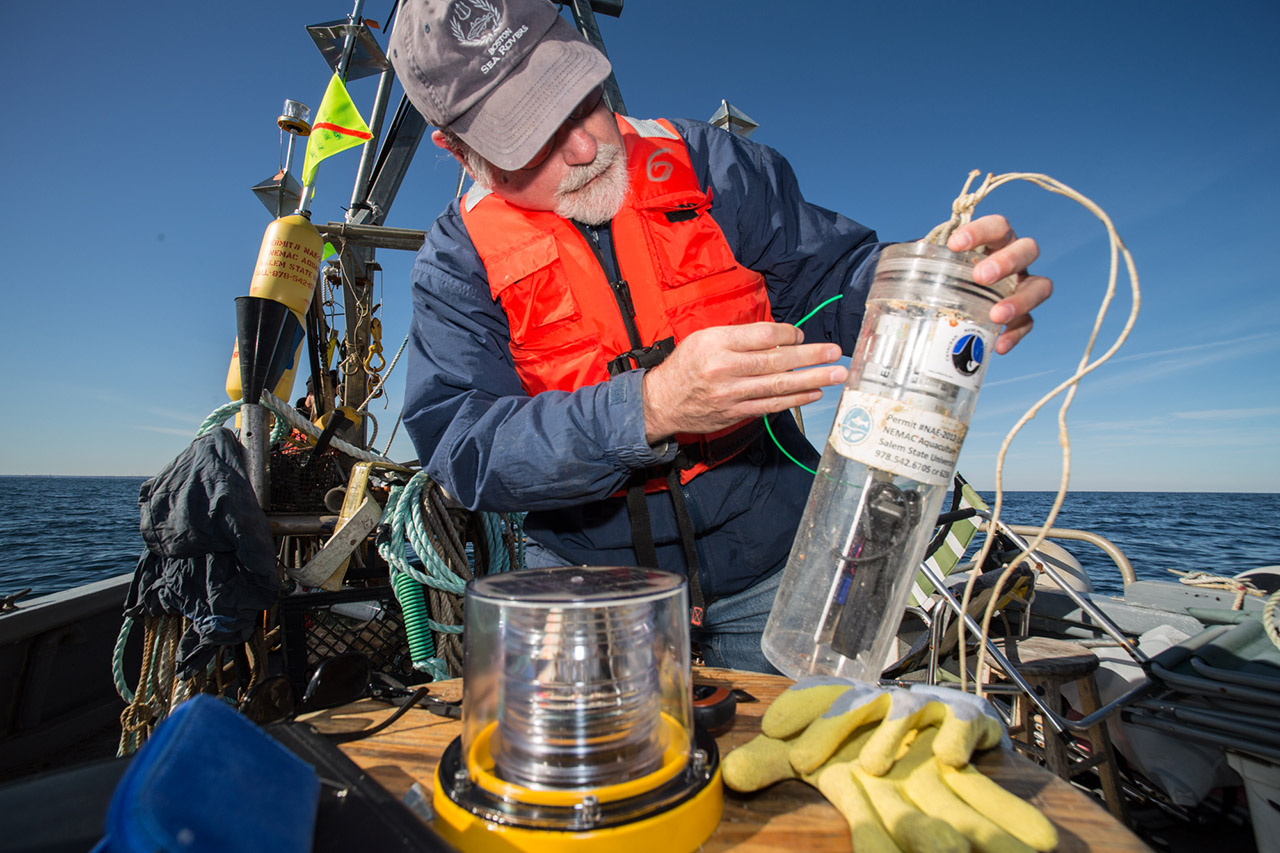The climate crisis and other staggering environmental challenges render it essential that we train a new generation of journalists with a strong scientific foundation in environmental science. Clearheaded and scientifically grounded reporting on environmental issues will be essential for tackling these and other future challenges. This combined major is designed to provide training that merges the basic and applied science underlying environmental change with the best principles and journalistic practices to enable students to pursue careers across a wide range of science communication fields.
Due to curricular overlap, students enrolled in this program cannot declare a double major with or declare a minor in ecology and evolutionary biology, environmental studies, or geoscience.
Journalism Learning Outcomes
- Describe, analyze, and critique the role of Journalism in a democracy (1st Amendment).
- Gather and use data for reporting & analysis.
- Collaborate with other news professionals in writing & production of news.
- Report & produce a story across a range of media.
- Identify patterns in media innovation & the evolving business dynamics of Journalism.
- Write focused, organized, literate, and accurate narratives using AP Style; when appropriate.
- Critically analyze visual information.
- Understand and apply ethical standards of Journalism.
Career Opportunities
- Environmental journalist
- Science editor






